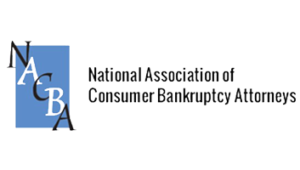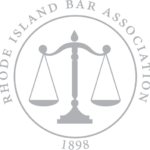I don’t know anyone in Rhode Island who thinks filing for bankruptcy is taking the easy way out. I’ve yet to converse with anyone who wanted to file a Chapter 7 bankruptcy as a way to cheat credit card companies, or to seek revenge for high interest rates.
Who Files Bankruptcy in Rhode Island?
My clients come from from every part of Rhode Island. They are young, old and all the stages in between. Some have little schooling, while others have college degrees including masters and doctorates. What I have encountered are trustworthy, diligent people who feel trapped by too much debt.
They want to do the right thing and repay their debt, but they simply can’t. With so much debt, they are stuck. They are unable to move forward.
Family welfare and personal health soon begin to suffer. With overwhelming guilt, these people have become slaves to their debt and are afraid to ask for help. They believe others will judge them as immoral for filing a Chapter 7 bankruptcy. Despite their best efforts, they are going over the financial waterfall and there is no catching up.
Many things can prevent an honest debtor from paying his bills: job loss, a medical crisis, a loss of overtime at work, a divorce, a change in interest rates. Any one of these events can send a person running to a bankruptcy lawyer, dejected and embarrassed.
Is Filing Bankruptcy A Moral Issue?
So when did filing bankruptcy become a moral issue? Because most Americans come from a Christian or other strong spiritual tradition, we value honesty and integrity in our personal and business dealings. We may even be familiar with a verse in the Old Testament book of Psalms which says, “The wicked person borrows but does not pay back.” Does this suggest that all debt must be repaid, no matter the circumstance?
The Bible has something to say about the unequal relationship between creditors and debtors? In the book of Deuteronomy, the earliest account of bankruptcy law can be found in the beginning of chapter 15. Basically, all debts could be cancelled every seven years. More than two hundred years ago, our own government used this biblical principle as their basis for American bankruptcy law.
Today, bankruptcy laws are still used to level an unequal playing field. Overwhelmed RI debtors are protected by US and Rhode Island bankruptcy laws. These bankruptcy laws include the discharging of most debts and the sheltering of specific property from creditors.
Does filing Chapter 7 bankruptcy “forgive” the debt? No, but it does discharge the debt. Being discharged of debt means the creditor can no longer force repayment against you or your property. It is just the protection needed when you have run out of options.
Bottom line: Don’t be afraid to ask for help. You will not be judged. If you have more bills than you can afford to repay, there is no need to risk the welfare of your family or your personal health.





